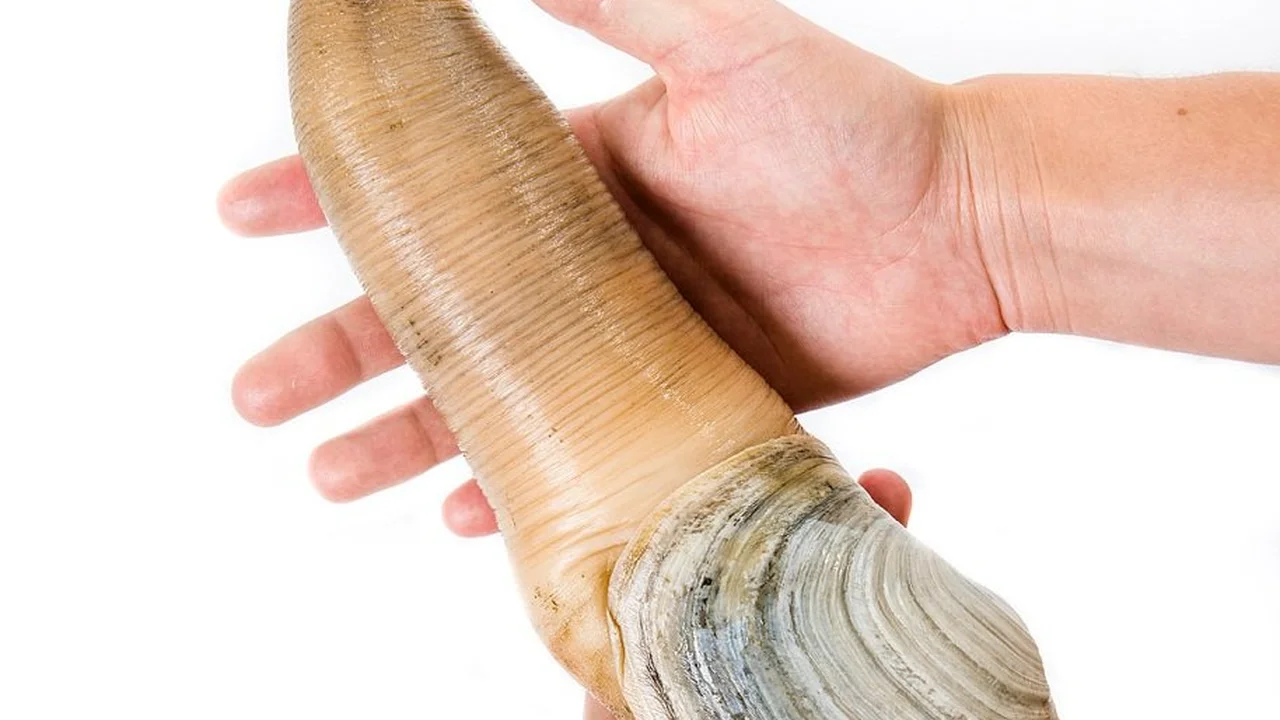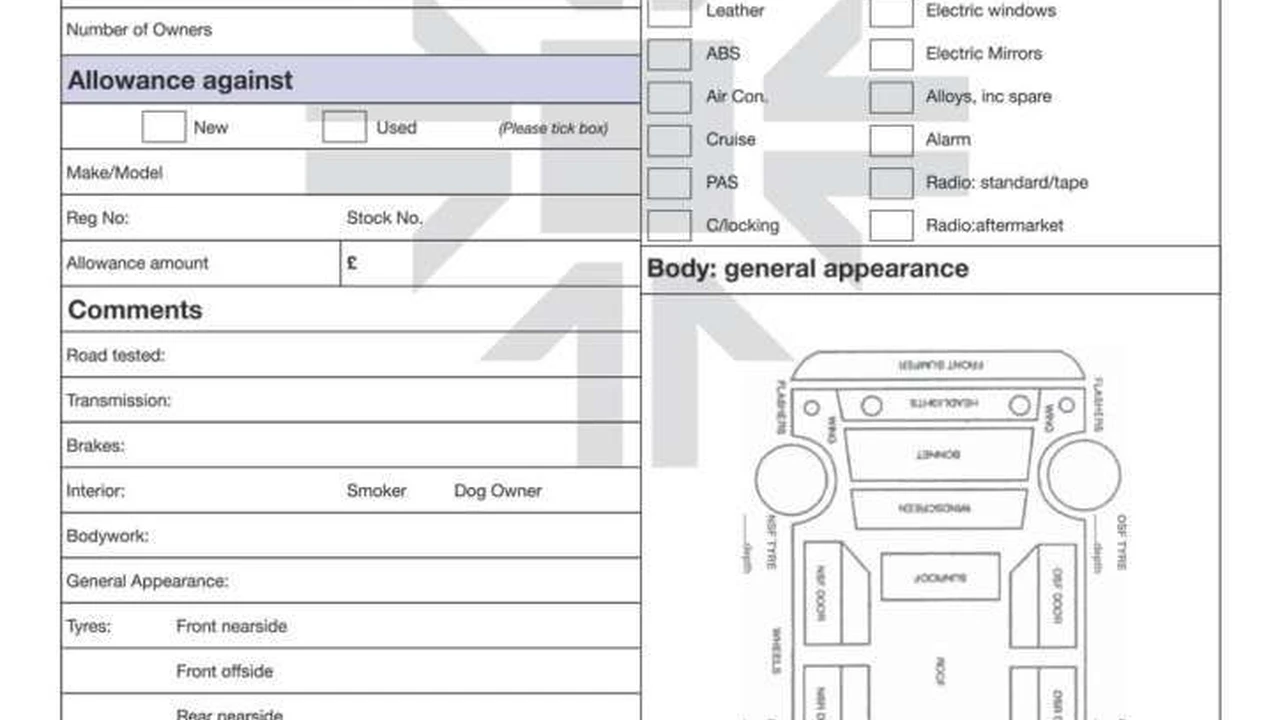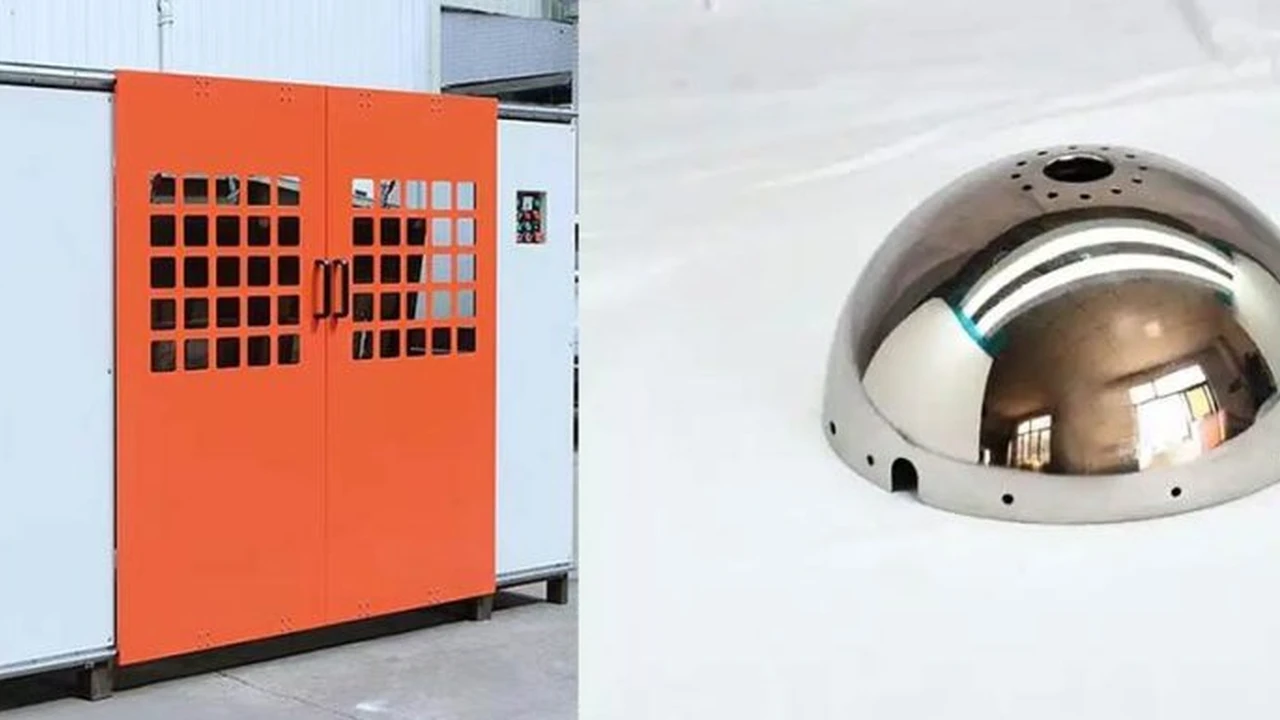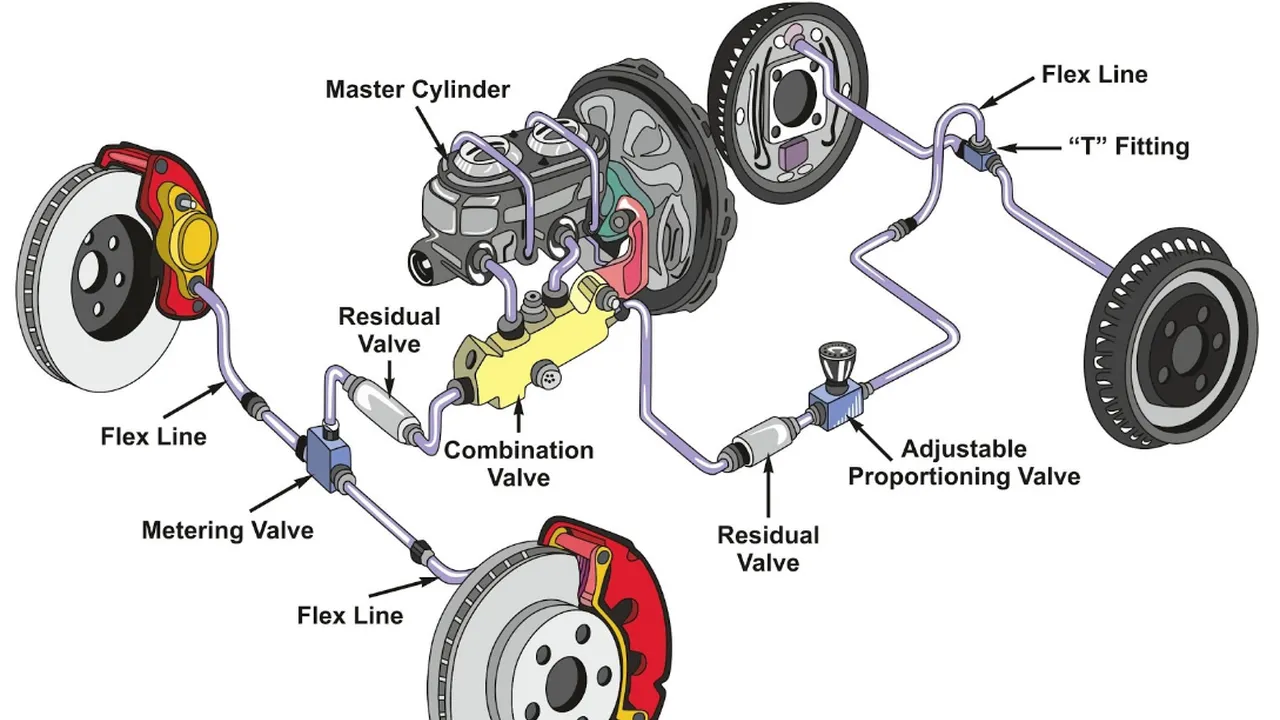The Best Tools for Classic Car Mechanical Restoration
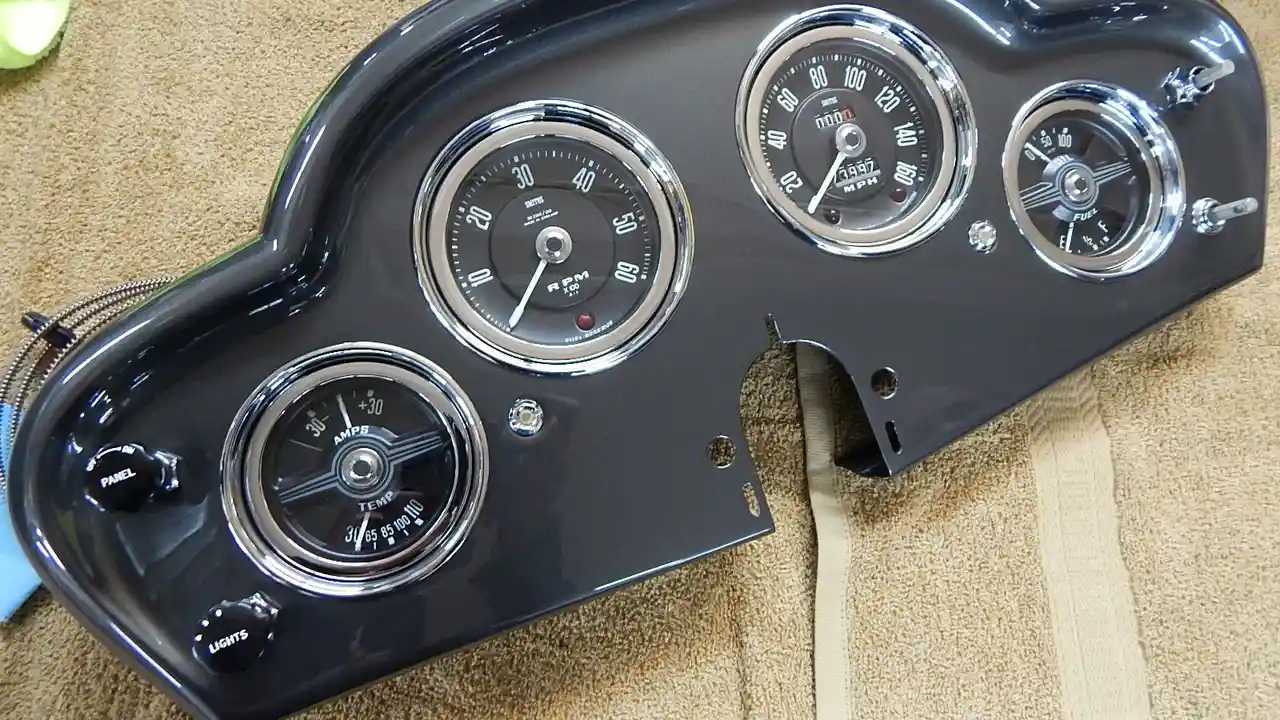
Discover the essential tools for performing mechanical restoration on classic cars. Learn about their uses and benefits. Achieve professional-quality results and save time.
Essential Hand Tools for Classic Car Engine Restoration
Alright, let's dive into the toolbox. Every classic car enthusiast needs a solid set of hand tools. These are your bread and butter, the tools you'll reach for most often. We're talking wrenches, sockets, screwdrivers, pliers – the whole shebang.
- Wrenches: You'll need both metric and SAE (standard) wrenches, ideally in a combination set. Ratcheting wrenches are a lifesaver in tight spots. Look for a set with a good range of sizes.
- Sockets: Again, metric and SAE are essential. Invest in a good quality socket set with various drive sizes (1/4", 3/8", 1/2"). Deep sockets are a must for reaching recessed bolts.
- Screwdrivers: A variety of sizes and types (flathead, Phillips, etc.) is crucial. Consider getting a set with magnetic tips to prevent dropped screws in hard-to-reach areas.
- Pliers: Needle-nose pliers, slip-joint pliers, and locking pliers (Vise-Grips) are all essential for gripping, bending, and holding parts.
- Hammers: A ball-peen hammer and a rubber mallet are necessary for various tasks, from tapping parts into place to shaping metal.
Product Recommendations:
- Craftsman Mechanics Tool Set: A solid, reliable set perfect for beginners and experienced restorers alike. Offers a wide range of tools at a reasonable price. Expect to pay around $200-$300.
- GearWrench Ratcheting Wrench Set: Known for their high quality and durability, GearWrench ratcheting wrenches make tackling tough bolts a breeze. A bit pricier, at around $300-$400, but worth the investment.
Specialty Tools for Engine Rebuilding and Mechanical Work
Now, let's get into the specialized tools that will make your life much easier when rebuilding an engine or tackling other complex mechanical tasks. These tools are designed for specific jobs and can save you a ton of time and frustration.
- Torque Wrench: Absolutely essential for tightening bolts to the correct specifications. Using a torque wrench prevents over-tightening, which can damage parts. Both beam-type and click-type torque wrenches are available.
- Compression Tester: Used to diagnose engine problems by measuring the compression in each cylinder. A must-have for identifying worn rings or valves.
- Valve Spring Compressor: Allows you to safely remove and install valve springs when working on cylinder heads.
- Piston Ring Compressor: Used to compress piston rings when installing pistons into the cylinder bores.
- Timing Light: Essential for setting the ignition timing on your classic car's engine.
- Feeler Gauges: Used to measure clearances between parts, such as valve lash.
- Micrometers and Calipers: For precise measurements of engine components.
- Engine Stand: Provides a secure and stable platform for working on an engine.
- Engine Hoist (Cherry Picker): Used to lift the engine out of the car.
Product Recommendations:
- TEKTON Torque Wrench: Reliable and affordable, Tekton torque wrenches are a great option for home mechanics. Available in various drive sizes and torque ranges. Price: $50-$100. Usage Scenario: Tightening head bolts, rod bolts, and other critical engine components to the manufacturer's specifications.
- Actron Compression Tester Kit: A comprehensive kit that includes adapters for various spark plug sizes. Easy to use and provides accurate compression readings. Price: $30-$50. Usage Scenario: Diagnosing low compression issues, such as worn piston rings or leaky valves.
- OTC Valve Spring Compressor: A high-quality valve spring compressor that can handle a wide range of valve spring sizes. Durable and reliable. Price: $80-$120. Usage Scenario: Removing and installing valve springs during cylinder head rebuilds.
- Powerbuilt Piston Ring Compressor Set: A versatile set that includes multiple sizes of piston ring compressors. Makes installing pistons much easier. Price: $30-$40. Usage Scenario: Installing pistons into the cylinder bores without damaging the piston rings.
- Innova Timing Light: A digital timing light that provides accurate timing readings. Easy to use and features a bright display. Price: $50-$70. Usage Scenario: Setting the ignition timing on your classic car's engine for optimal performance.
Diagnostic Tools for Classic Car Troubleshooting
Beyond the standard and specialty tools, diagnostic tools are essential for pinpointing problems in your classic car. These tools can save you hours of troubleshooting time and help you avoid unnecessary repairs.
- Multimeter: Used to measure voltage, current, and resistance in electrical circuits. Essential for diagnosing electrical problems.
- OBD I Scanner (if applicable): Some older cars have early versions of onboard diagnostic systems. An OBD I scanner can help you retrieve diagnostic trouble codes.
- Vacuum Gauge: Used to measure vacuum pressure in the intake manifold. Can help diagnose engine problems such as vacuum leaks and valve issues.
- Fuel Pressure Tester: Used to measure fuel pressure in the fuel system. Can help diagnose fuel pump problems and fuel injector issues.
- Leak Down Tester: A more advanced tool used to determine the source of compression loss in an engine.
Product Recommendations:
- Fluke Multimeter: Considered the gold standard in multimeters. Durable, accurate, and reliable. A bit pricey, but worth the investment. Price: $150-$300. Usage Scenario: Diagnosing electrical problems, such as shorts, opens, and voltage drops.
- Actron OBD I Scanner: If your classic car has an OBD I system, an Actron scanner can help you retrieve diagnostic trouble codes. Price: $50-$100. Usage Scenario: Retrieving diagnostic trouble codes from older vehicles with OBD I systems.
- Mityvac Vacuum Pump/Brake Bleeding Kit: A versatile tool that can be used for vacuum testing and brake bleeding. Price: $50-$70. Usage Scenario: Testing vacuum lines and components, as well as bleeding brakes.
Cleaning and Preparation Tools for Classic Car Restoration
Don't underestimate the importance of cleaning and preparation tools. A clean workspace and properly prepared parts are essential for a successful restoration.
- Parts Washer: Used to clean greasy and dirty parts.
- Wire Brushes: For removing rust and corrosion from metal surfaces.
- Sandblaster (optional): For removing rust and paint from larger parts.
- Degreaser: For cleaning engine parts and removing grease and oil.
- Rags and Shop Towels: Essential for wiping up spills and cleaning parts.
- Safety Glasses and Gloves: Protect yourself from chemicals and debris.
Product Recommendations:
- Grizzly Industrial Parts Washer: A reliable parts washer that can handle a variety of parts cleaning tasks. Price: $200-$300. Usage Scenario: Cleaning engine parts, brake components, and other greasy and dirty parts.
- Chemical Guys Degreaser: A powerful degreaser that effectively removes grease, oil, and grime. Price: $15-$20. Usage Scenario: Cleaning engine blocks, cylinder heads, and other greasy surfaces.
Tool Storage and Organization for Efficient Workflow
Finally, let's talk about tool storage and organization. A well-organized workspace will save you time and frustration, allowing you to focus on the task at hand.
- Tool Chest: A large tool chest with multiple drawers is essential for storing your tools.
- Tool Cabinet: A rolling tool cabinet provides mobility and additional storage space.
- Tool Organizers: Use tool organizers to keep your tools neatly arranged in your drawers.
- Pegboard: Hang frequently used tools on a pegboard for easy access.
Product Recommendations:
- Husky Tool Chest and Cabinet Combo: A popular choice for home mechanics. Offers plenty of storage space and is relatively affordable. Price: $500-$800. Usage Scenario: Storing a wide range of tools and equipment.
- Milwaukee Packout System: A modular storage system that allows you to customize your tool storage. Durable and versatile. Price varies depending on the configuration. Usage Scenario: Organizing and transporting tools to different locations.
Comparing Tool Brands: Snap-On vs. Mac vs. Craftsman
When it comes to tools, the brand often dictates the quality and price. Let’s briefly compare some popular brands:
- Snap-On: Considered top-tier, known for exceptional quality, durability, and innovation. The price reflects this, making them a significant investment. Primarily sold through mobile dealers.
- Mac Tools: Similar to Snap-On in quality and price, also sold through mobile dealers. Often preferred by professional mechanics.
- Craftsman: A more budget-friendly option, widely available at hardware stores. Good for the average DIY enthusiast, but may not hold up to the rigors of professional use.
Key Differences:
- Price: Snap-On and Mac are significantly more expensive than Craftsman.
- Durability: Snap-On and Mac tools are built to last and can withstand heavy use.
- Warranty: Snap-On and Mac offer excellent warranties. Craftsman's warranty has changed over the years, so check the details carefully.
- Availability: Craftsman tools are readily available at most hardware stores, while Snap-On and Mac are typically sold through mobile dealers.
Choosing the right tools depends on your budget, skill level, and the type of restoration work you plan to do. Start with a good set of basic hand tools and gradually add specialized tools as needed. Remember to invest in quality tools that will last for years to come. Good luck, and happy restoring!
:max_bytes(150000):strip_icc()/277019-baked-pork-chops-with-cream-of-mushroom-soup-DDMFS-beauty-4x3-BG-7505-5762b731cf30447d9cbbbbbf387beafa.jpg)



